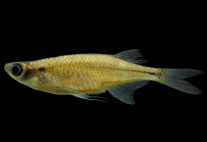Abstract
Scientific literature in all fields of science are fragmented over many journals and other publications. This is mainly due to the diversity in scientific disciplines and publishers around the world. Databases, abstracting/indexing publications and review journals have helped defragment widely dispersed publications. With the rapid development and wider availability of the internet in the last two decades, many traditional paper-based journals have become online, along with the development of online-only journals. A new form of defragmentation (the development of mega-journals) emerged and Zootaxa was at its forefront (Zhang 2006b). On the occasion of Zootaxa 4,000, I herein discuss the mega-journals, defragmentation in scientific publications in general, and the development and achievements of Zootaxa in biodiversity sciences.

